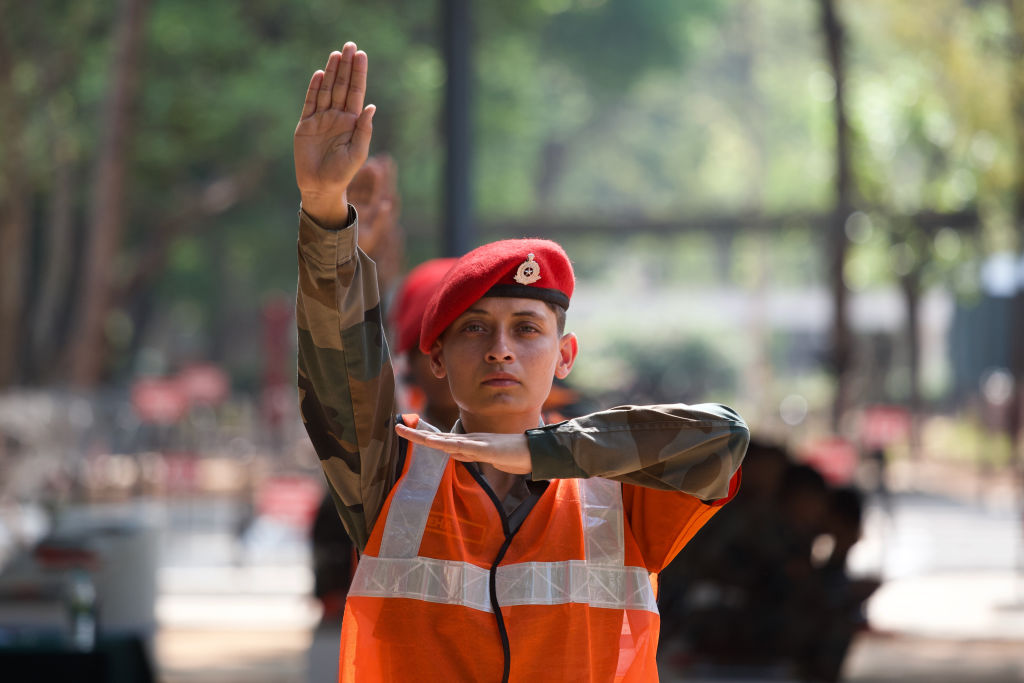- Saturday, April 20, 2024

By: Shubham Ghosh
IN a landmark interim order, the Supreme Court of India on Wednesday (18) said women can sit for the National Defence Academy (NDA) admission examination, which has been rescheduled for November 14. The ruling could see more women serving in India’s armed forces.
The apex court slammed a “mindset problem” when it comes to equal service opportunities for men and women in the country’s armed forces and cautioned the government “you better change”. It also expressed optimism that the order would persuade the Indian Army to initiate change of its own accord instead of being forced to do so because of an order from the judiciary.
“This is a mindset problem. You (the government) better change it… don’t force us to pass orders,” the top court said, adding, “This policy decision is based on gender discrimination. We direct the respondents to take a constructive view of the matter in view of the judgement of this court.”
“The endeavour is to persuade the Army to do things itself… We would prefer if the Army did somethings itself, rather than us passing orders,” the Supreme Court added.
A division bench of Justice SK Kaul and Justice Hrishikesh Roy also expressed disappointment over women being denied equal opportunities despite its verdicts on the matter, including one given by justices DY Chandrachud and Ajay Rastogi early last year.
“Why are you continuing in this direction? Even after Justice Chandrachud’s judgement expanding the horizons and extending Permanent Commission in the Army to women? This is unfounded… We are finding it absurd!” Justice Kaul asked to the additional solicitor general.
The government had argued that its recruitment policy was not discriminatory and there were a number of ways in which women could apply.
Additional solicitor general Aishwarya Bhati was also quoted as saying, “… there is a different kind of training” and claimed that “ultimately it (the barring of women) is a matter of national security”.
The top court was responding to a petition that argued that categorical exclusion of eligible female candidates from the NDA was unconstitutional and done entirely on the basis of their gender.
![]()